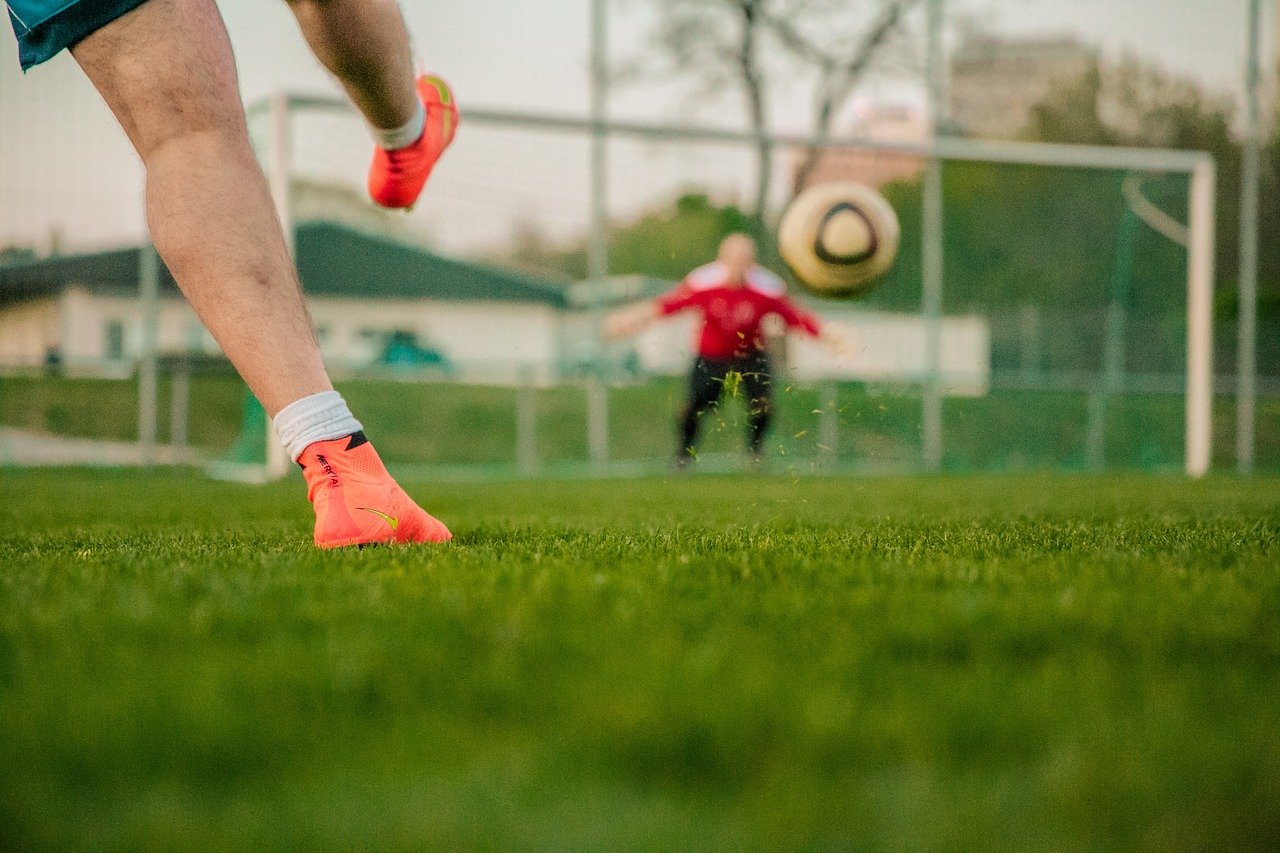

My Dyslexia Journey
Dyslexia for me, it’s a tricky one, do I like it or not? That might sound strange, but at school, and for a short time at college, it was a case of “you probably have dyslexia…” and no official tests were carried out. I hated that because I was unsure, especially at secondary school, as at those ages there are many changes and uncertainties. The label also, I was branded as ‘different’, and ‘daft’ because I took either longer to operate or wasn’t able to fulfil the task. It was always something I felt I had to fight, rather than use as a benefit. It wasn’t until university, that I started to really realise its benefit and was granted an opportunity to sell myself and really excel through official identification and support.
School was a time where I was given extra time for exams without being fully assessed. In the moment, it was good because it allowed me an opportunity to processes what was being asked. Despite this, I felt ‘my dyslexia’ was being brushed aside, and ‘extra time’ was something that could essentially be used to avoid the issue. Has this helped me in the long run? Yes, because it granted me more time in examinations, and without that I wouldn’t be where I am now; but also, no because for my personal development, it most definitely didn’t prepare me for the expectations at university.
I started at Abertay University, on the BSc (Hons) Sports Coaching and Development in August 2016 and my support was finalised by the mid-September. Now, you may think: “Daniel, surely the support you got was sufficient enough – you got into university.” I must admit, it got me where I am, but Abertay took a chance on me. I was part of Working to Widen Access project – providing opportunities for a wider range of students. Without sounding too cliché, I ‘found’ myself here. I understand that comes with going to study something you’re interested in, and it was that, but being provided with support, allowed me to flourish and explore further learning and studying techniques. After four years, I gained the highest Grade-Point-Average for my degree programme with 4.25 out of 4.5.
You may ask, “how can you like dyslexia? And how have you used it as a benefit?” I suppose, it’s understanding it within ‘my journey’. I have stated my negative experiences, but dyslexia – the term, name, has been developed/researched so much, it allowed me feel equal to anyone else. I have found my feet through the confirmed identification, I have built my own mechanisms of study, or how to write – I am using them right now, as I write this.
I am a full-time youth football coach, I have gained so much understanding from this job, and put it into my academic work. As a dyslexic student, my mental stimulation is through practical learning, or visual learning. Through dyslexia support, I have been able to express my knowledge and emphasise what I am enthusiastic about. I structure my thinking, then apply it in an academic manner. Through a needs tutor, I was supported and found this to be effective.
To finish, regardless of your current position, don’t give up! Don’t let anyone or anything put you down because you’re dyslexic, and also don’t think I have it all ‘sussed’, because I don’t – I still get mixed up with p & b and 4 & 6. I put commas in irrelevant places (whoever proofread this, I am sure you agree!), but there is support for you to adapt and find the best ways for you.
Daniel Hiddleston